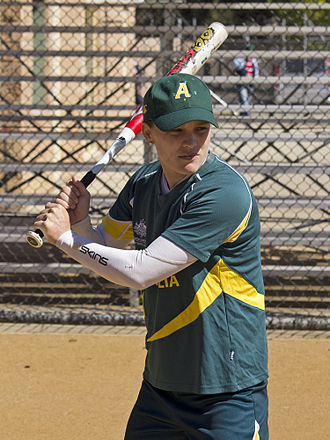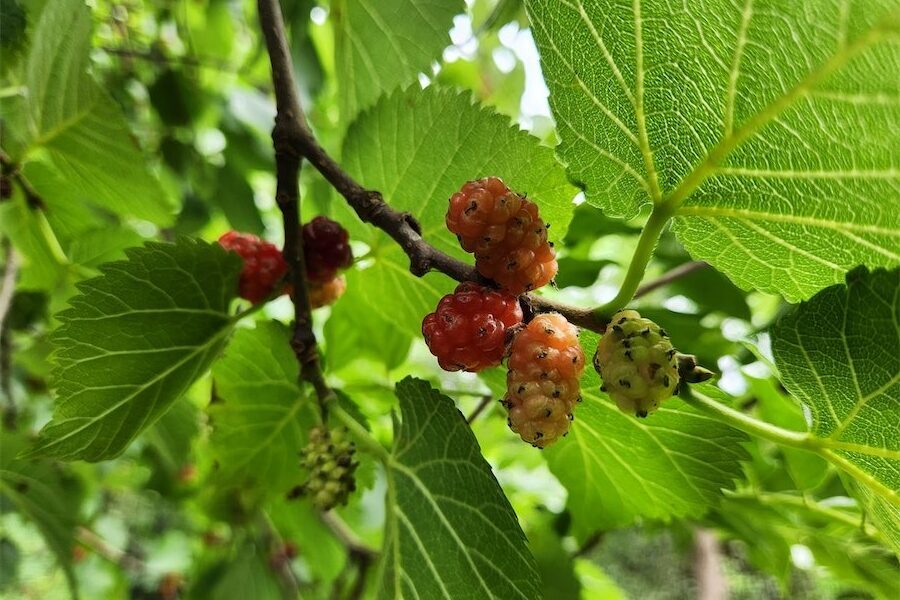THE ACT needs to tread carefully as it negotiates the politics of cricket in Australia.
Not surprisingly, after successfully hosting the one-dayer between Australia and South Africa, there is optimism that more internationals should be played at Manuka.
The crowds are bigger in Canberra than is often the case in Perth and Hobart, but there is plenty of activity behind the scenes to ensure the WACA and Bellerive don’t miss out.
It is for that reason the ACT Government can’t appear to be over reaching into territory so ferociously guarded by rival cricket states.
Canberra should avoid giving the impression that it is predatory and end up with enemies that do all they can to block any moves the ACT makes in securing first-class cricket.
It has happened before.
The states were quite happy to have the Canberra Comets in the domestic one-day series until it became apparent that some involved in ACT cricket had a vision well beyond the Comets.
It is now history that the Comets were kicked out of the competition following a move by the states on the board of Cricket Australia amidst concerns that the ACT was eyeing off hosting international matches.
The make up of the board is different now, but let’s hope we don’t make the same mistake again as we look to be making progress in convincing Cricket Australia that we are worthy and capable of staging international cricket.
Cricket ACT and the ACT Government don’t need to publicly point out the crowd numbers at rival venues. It is there for all to see.
IT’S rare for a sportsperson to express concern about the development of their chosen sport.

She spends some of her time in Italy playing professionally as well as turning out for the Australian team. While currently home, she has expressed concern about the drop off of numbers in the junior ranks in Canberra.
Is it simply the loss of funding and a reduction of resources, such as development officers and high-performance programs after softball was omitted from the Olympics? Or is another reason the lack of volunteers willing to put time into developing players? Does softball need to change with the times and develop a 20/20 style competition?
Another issue is the lack of structured sport in Canberra primary schools, but this could be about to change with the advent of the PE Pulse program, which will effectively provide expert training for teachers in a range of sports.
Sometimes all it takes a school to develop a high-class program is a teacher with a passion for a particular sport. The results can be extraordinary.
GUNGAHLIN, it seems, is the new epicentre of football in Canberra.
With the Eagles already established in rugby union, next year the Gungahlin Football Club will play in the ACT men’s and women’s premier leagues in soccer.
Also joining the throng will be the Gungahlin Jets Australian Rules team in the AFL Canberra competition.
Who can be trusted?
In a world of spin and confusion, there’s never been a more important time to support independent journalism in Canberra.
If you trust our work online and want to enforce the power of independent voices, I invite you to make a small contribution.
Every dollar of support is invested back into our journalism to help keep citynews.com.au strong and free.
Thank you,
Ian Meikle, editor




Leave a Reply